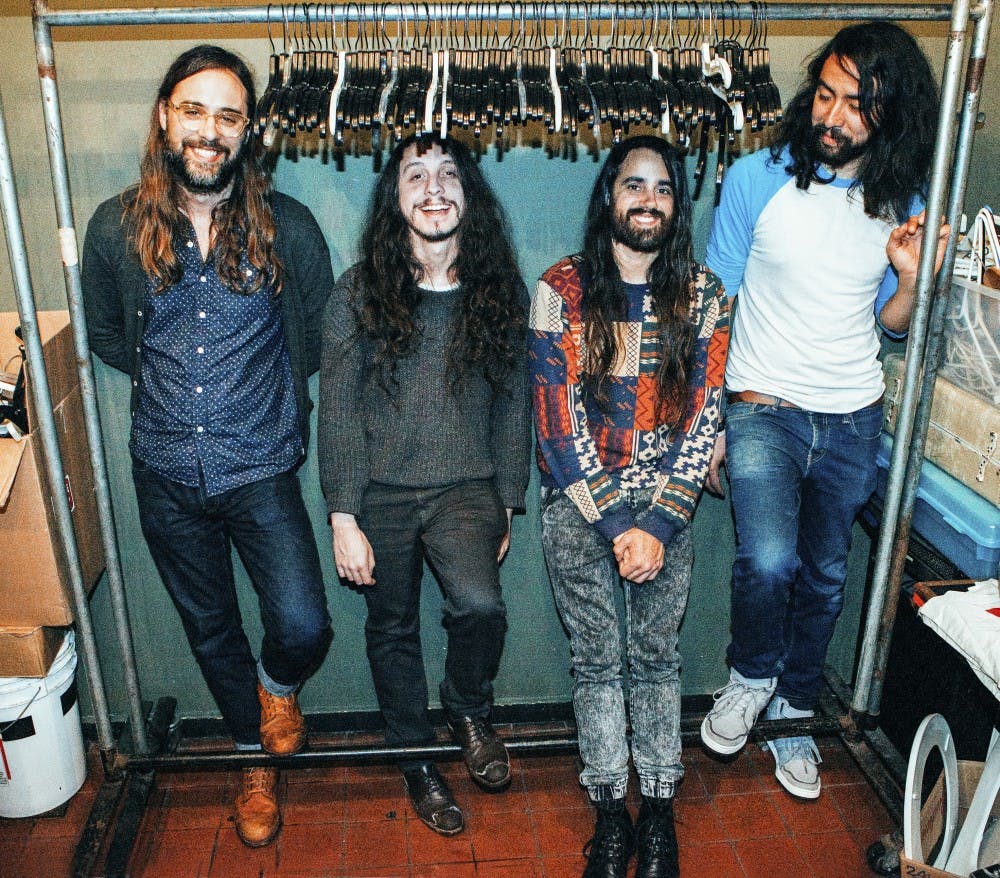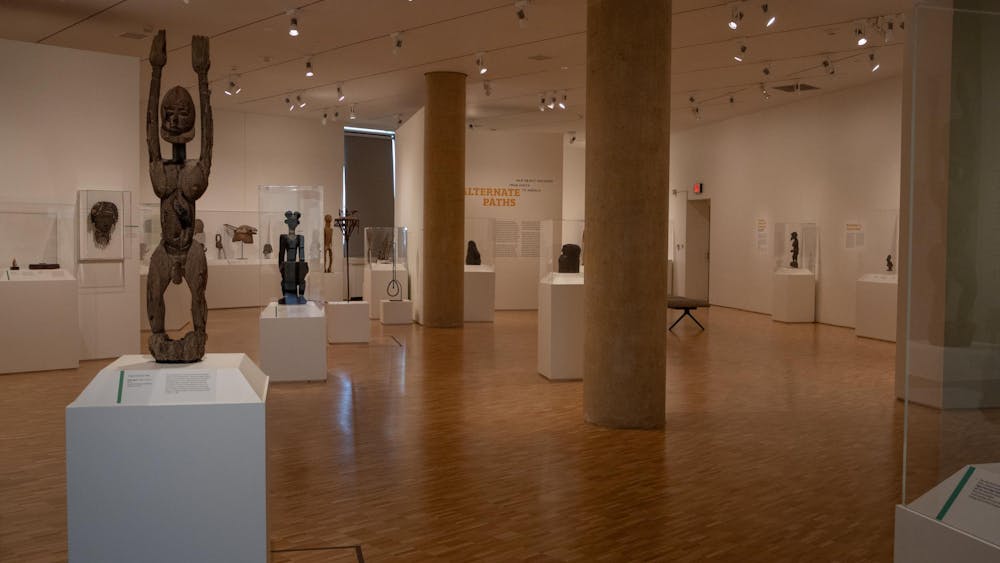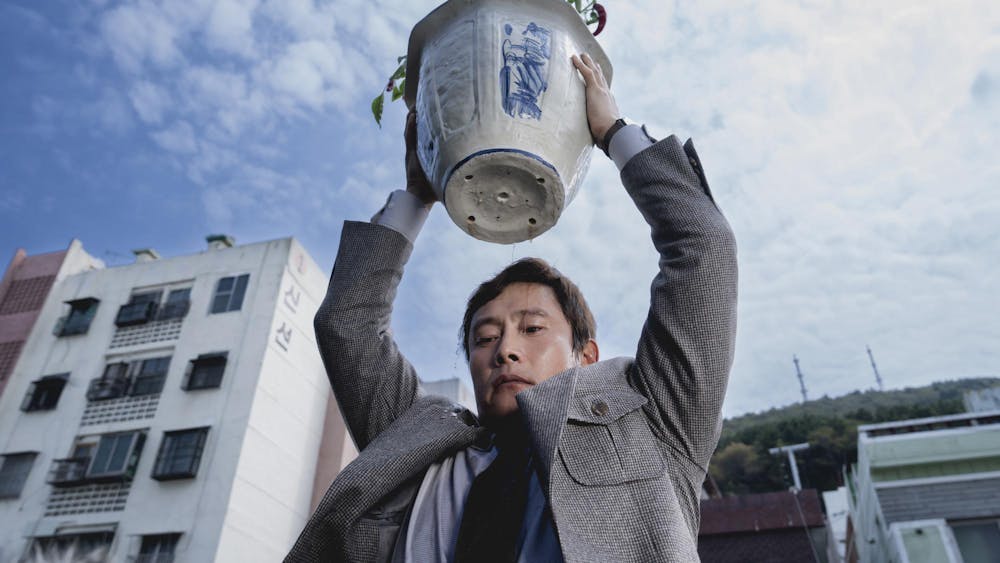Before Curtis Roush could make it to Bloomington, he had to face his girlfriend’s parents.
Roush is a vocalist and guitarist for the Bright Light Social Hour, an Austin, Texas, psych rock group.
They will perform Wednesday at the Bishop.
The Bright Light Social Hour performed Tuesday in Ohio, where Roush’s girlfriend’s parents live.
He said he was nervous for them to see his band’s performance for the first time.
“I haven’t been nervous for a show in a long time,” he said.
The Bright Light Social Hour has played countless shows all over the country in the past few years.
Roush said this makes the cities tend to blend together in his head a bit.
Roush, bassist and vocalist Jack O’Brien, and drum and synth player Jo Mirasole first started touring together in 2011.
Music quickly became the focus of their lives, Roush said.
“Shows weren’t just the big party we throw every month that’s kind of like our release from the pressures of, like, grad school or something,” he said.
The band’s first tour stretched across the southern part of the country, from Texas to Florida and back again.
“Because we were just starting out as a band, we would typically stay with just friends and, like, folks we would meet at shows,” Roush said.
Throughout this experience, he said the band observed a reoccurring theme of overworked, uninspired people subject to the challenges of the economic recession in the late 2000s.
“The instances of millennial-aged folks doing careers and jobs that they felt really inspired and driven by seemed surprisingly rare,” he said.
The band members tend to write about whatever they’re sharing with each other at a given time, he said.
Roush said this socio-political theme appears often in the band’s 2015 album, “Space Is Still the Place.”
“Witnessing that struggle firsthand, you know, was kind of inspiring and made us want to address that a bit in our music,” he said.
Music has the “potential and gravitas to incite change, while reflecting the world’s faults and follies,” according to the group’s website.
In addition to the plight of young southerners, the Bright Light Social Hour also draws inspiration from traditionally southern music like blues, gritty 1960s R&B and even 1970s soul and funk, he said.
“I think we’re kind of trying to take an approach that is a bit more reflective of our, like, regional identity,” he said.
Roush said the process of songwriting for “Space is Still the Place” took years because of all the trial and error as well as self discovery going on within the Bright Light Social Hour.
“We were kind of drawing in diverse influences and trying to put them together in creative ways and write new music with it,” he said.
In particular, he said band members became more and more preoccupied with psychedelic bands like the Flaming Lips.
They wanted to make their music spacey and eccentric while placing more emphasis on production.
However, they always stayed grounded in the southern genres they grew up with, he said.
“It’s always a challenge for us, you know, to try to take bits of those forms of music and to kind of psych them up,” he said.






